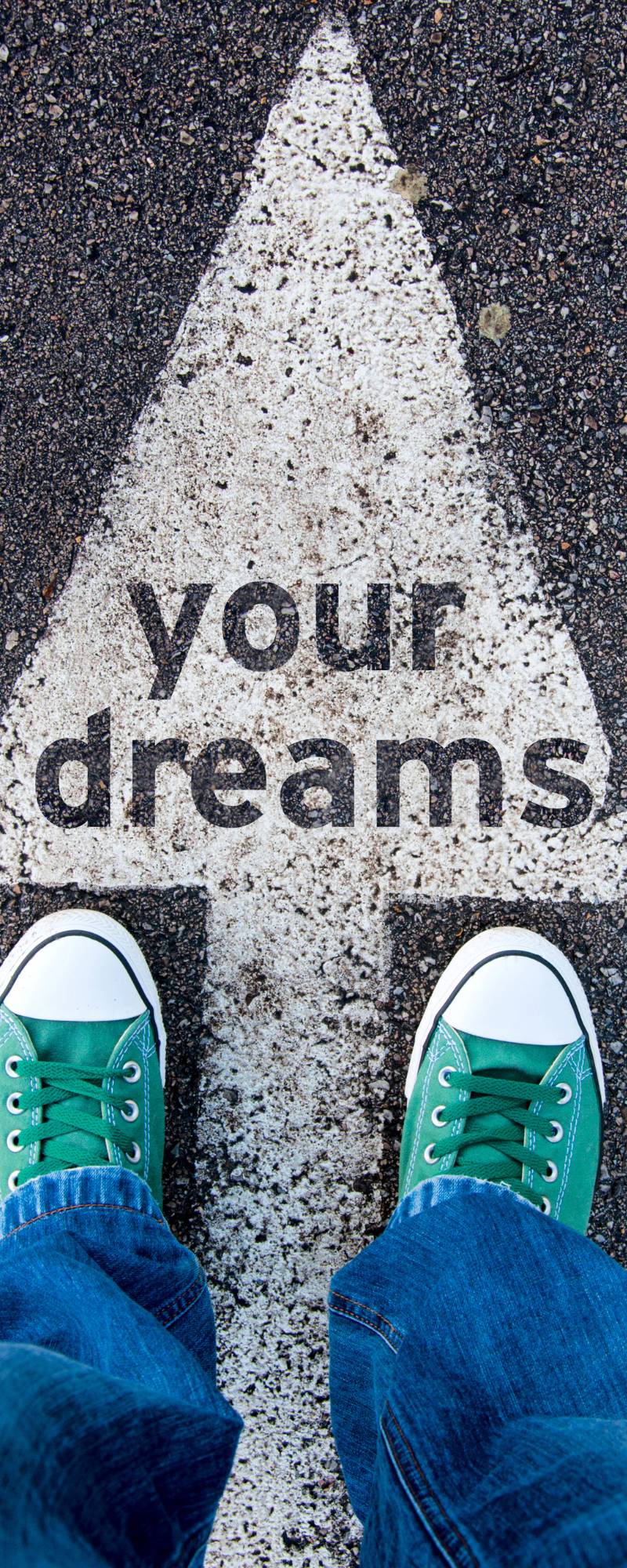What Remains Is the Call
- Office

- May 29
- 4 min read
Over the last few weeks, I have had several conversations with my elders—people in their 80s and 90s. These conversations have been filled with fear, deep sorrow, and an utter incomprehension of how we got to where we are today.
These are people who lived through world wars, civil rights struggles, recessions and revivals—people who believed in the possibility of a nation that could grow into its highest ideals. And now, they are watching so much of what they helped build—rule of law, democratic norms, environmental protections, public institutions, hard-won inclusion—come under assault.
My own father is 93—sharp-minded and stubbornly hopeful, even as he struggles with waves of despair. He still talks with his friends and community about what is happening

to the country he committed his life to shaping—not through politics or protest, but through every child and family he supported over more than fifty years as a career counselor. He was, and still is, a builder—not just of a home and a family, but of an ethic of decency, service, fairness. He taught us that being American meant contributing, not just consuming. It meant standing up, not standing by. It meant believing that justice was possible, even if always unfinished.
Now, when I talk with him, I hear the heartbreak. Not because he expected the work to be over. But because he hoped we’d keep at it. That we’d honor what so many gave their lives, their energy, their hope to make real.
He is not alone.
I have sat with elders in our congregation and community who feel like strangers in the country they helped build. They are not nostalgic for a past that ignored injustice. They are grieving a present that has forgotten the moral arc we were meant to bend toward justice.
And yet—they have not given up.
Even in sorrow, they keep bearing witness. They keep talking, teaching, voting. They keep believing—not in the myth of a perfect nation, but in the promise that people of conscience can still shape its future.
Their faith reminds me of the deep well of our theological tradition. In Scripture, we meet elders who do not live to see the fruit of their labor. Abraham dies still wandering. Moses climbs a mountain only to glimpse the Promised Land. Naomi returns home with grief and grit, helping Ruth find a future she will not live to see unfold. Anna, the prophet, waits decades in the temple, and finally sees the infant Christ—and rejoices that the redemption of her people has begun, even if she will not witness its completion.
These elders teach us that it is faithful to plant seeds we may never see bloom.
The prophet Isaiah tells us: “They shall rebuild the ancient ruins, they shall raise up the former devastations; they shall repair the ruined cities, the devastations of many generations” (Isaiah 61:4). This is our call.
This is not just political work. It is spiritual work. Rebuilding will ask us to grieve together, to organize together, to imagine again what justice and belonging look like. It will require courage, persistence, and love—the kind of love that doesn’t quit, even when it’s tired.
That’s the work we are already doing here—through our Resurrecting Church journey. Even as the civic landscape frays around us, we are discerning, praying, dreaming, and laying foundations. We are not waiting for the world to be stable before we begin again. We are already rebuilding—reclaiming our mission, reweaving relationships, and recommitting ourselves to what matters most. In worship, in partnership, in public witness, we are practicing resurrection.
Why? Because the opportunity to rebuild always comes. It always does. Sometimes it begins quietly—in a conversation, a meal, a shared act of courage. Sometimes it begins with lament, with protest, with praise. And even if I do not live to see the fullness of it, I trust that this place, our descendants will carry the witness forward.

This is because I do not believe history is a straight line. Rather, it is a spiral—winding, unfurling, recurring, never quite returning to the same place. We pass through familiar struggles, old fears in new forms, knowing that each turn of the spiral offers a chance to respond with greater wisdom, deeper love, and renewed courage. (Have you seen my tattoo?) Even when we feel we are circling back, we are also moving forward.
So, we rebuild—not only for our children and grandchildren, but for our parents and grandparents who showed us the way. For the teachers and farmers, the factory workers and freedom riders, the mothers and marchers who bent their lives toward something larger than themselves.
We will remember who we are.
We will pick up the tools that were handed to us.
And we will build something worth passing on.
With Peace and Passion,
Pastor Robin
A Prayer for Rebuilding...
Holy One, You are the God of the long story—the spiral that turns through sorrow and joy, through ruin and resurrection.
We give thanks for those who came before us, for the elders whose hands built the foundations we stand on. We honor their witness, their grief, and their enduring hope.
As they pass the tools to us, give us courage to pick them up. Give us strength to keep building even when the scaffolding shakes and the world seems to crumble.
Remind us that to love our neighbors is holy work, that to rebuild what has been broken is sacred labor, and that the seeds we plant today will bloom in generations we may never meet.
Let us not grow weary.
Let us not grow cynical.
Let us grow wise.
Let us grow brave.
And when the opportunity to rebuild comes—and it always comes—may we be ready.
For our elders.
For our children.
For love’s sake.
Amen.
.png)



Comments